Introduction
As the world increasingly embraces sustainable practices, the blockchain industry is proactively stepping up to contribute to a greener and more sustainable future. The rise of cryptocurrencies, including Bitcoin, has raised concerns about the environmental impact of traditional mining methods. However, blockchain networks are exploring superior models that focus on renewable energy solutions and consensus mechanisms to create a more sustainable and responsible ecosystem.
The Environmental Impact of Traditional Mining
Traditional Bitcoin mining involves energy-intensive processes that heavily rely on fossil fuels, raising questions about sustainability and environmental impact. To address these concerns, the blockchain community is exploring alternative approaches that prioritize renewable energy and innovative consensus mechanisms.
The Role of Renewable Energy
Renewable energy sources, such as solar, wind, hydro, and geothermal, offer a promising way to power blockchain networks sustainably. Unlike fossil fuels, renewable energy produces minimal greenhouse gas emissions, making it a more eco-friendly option for the blockchain world.
a. Solar Energy: Solar power harnesses the sun’s energy to generate electricity, providing an ideal renewable energy source for blockchain operations. Solar farms can be established in areas with ample sunlight, reducing the need for energy-intensive cooling mechanisms.
b. Wind Energy: Wind turbines generate electricity through the power of wind, offering a consistent and clean energy source for blockchain networks.
c. Hydro Energy: Hydroelectric power utilizes flowing water to generate electricity, making it a reliable and eco-friendly option for blockchain operations, especially in regions with abundant water resources.
d. Geothermal Energy: Geothermal power taps into the Earth’s heat to generate electricity, offering a continuous and sustainable energy supply for blockchain mining.
The Significance of Consensus Mechanisms
In the blockchain world, consensus mechanisms play a vital role in validating transactions and securing the network. Unlike traditional mining, Proof of Stake (PoS) is a consensus mechanism that doesn’t involve resource-intensive calculations. In PoS, tokens are already generated but locked in, and validators are chosen based on the number of tokens they hold and are willing to “stake” as collateral. This eliminates the need for energy-intensive mining processes, resulting in a more energy-efficient and sustainable approach to securing the blockchain.
Advantages of Renewable Energy and Consensus Mechanisms
a. Reduced Environmental Impact: Transitioning to renewable energy and adopting PoS consensus mechanisms significantly reduces the carbon footprint of blockchain networks, aligning with global efforts to combat climate change.
b. Energy Efficiency: By embracing renewable energy and consensus mechanisms like PoS, blockchain networks can operate more energy-efficiently, leading to cost savings and improved sustainability.
c. Decentralisation and Security: Implementing PoS consensus enhances decentralization as it reduces the concentration of power among miners, making the network more secure and resilient.
d. Positive Perception: Emphasizing renewable energy and innovative consensus mechanisms helps improve the blockchain industry’s public image, attracting environmentally conscious investors and users.
Challenges and Solutions
While renewable energy and PoS consensus offer immense benefits, some challenges need addressing:
a. Intermittency: Solar and wind energy’s intermittency can cause fluctuations in mining output. Integrating energy storage solutions like batteries, while considering their environmental impact, could help mitigate this issue.
b. Infrastructure and Investment: Establishing renewable energy infrastructure may require substantial investment. Collaborative efforts between mining companies and renewable energy providers can maximize efficiency and utilization.
Conclusion
The blockchain industry has an opportunity and responsibility to prioritize renewable energy and innovative consensus mechanisms like PoS to create a sustainable ecosystem. Embracing these solutions not only reduces environmental impact but also positions the blockchain world as a trailblazer in responsible technology adoption. By aligning with renewable technologies and embracing sustainable practices, blockchain networks can lead the way towards a greener, cleaner, and more decentralized future.


